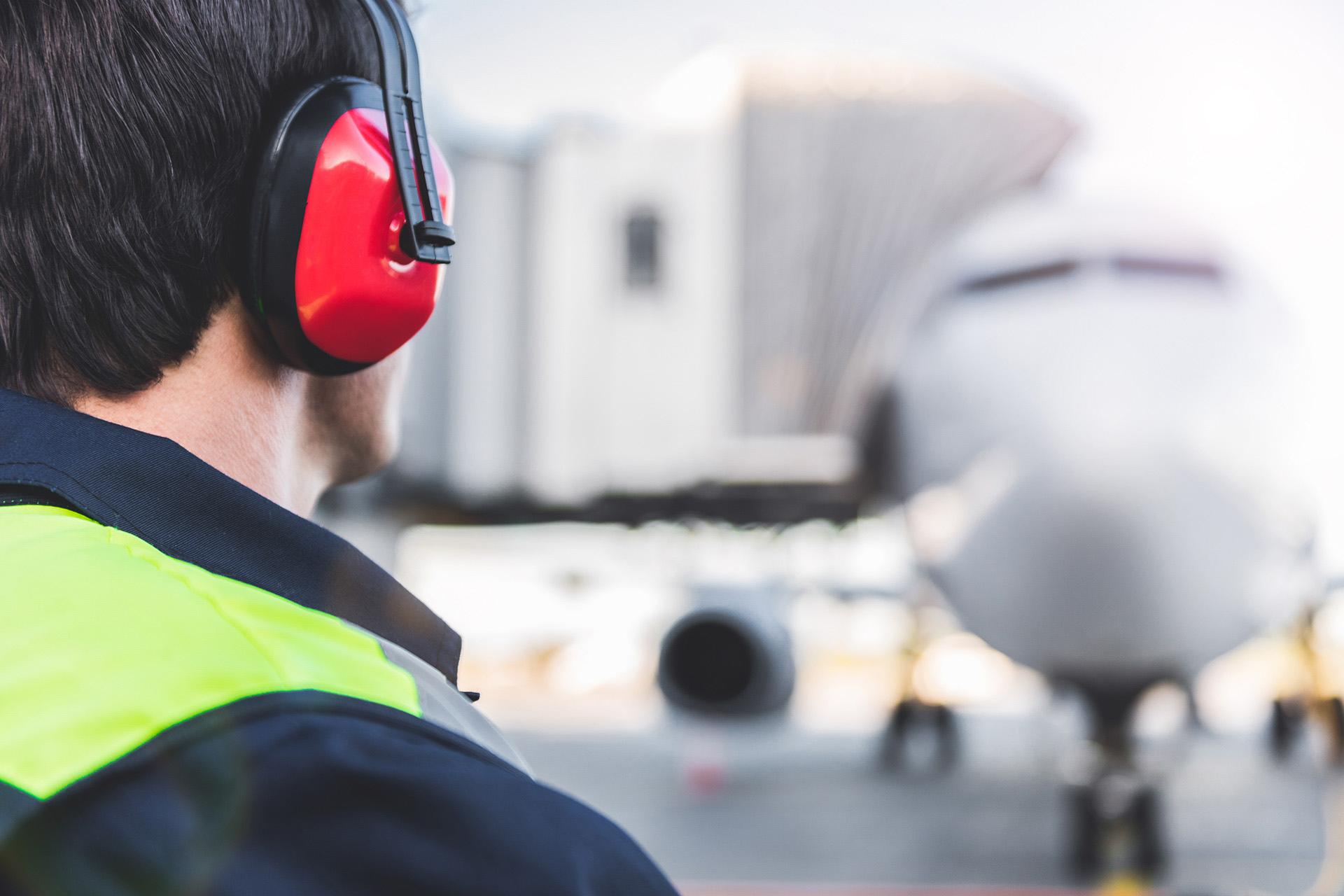General questions
If an aircraft is co-owned can the operations management be carried out by a third party and operated under Part-NCC?
Yes, the third party is the operator and has to comply with the applicable requirements e.g. Part-ORO, Part-NCC, Part-SPA.
What rules apply for an AOC holder who also manages/operates NCC aircraft?
If you are an AOC holder flying non-commercial operations with an aircraft otherwise used for commercial air transport operations, listed in the operations specification of your AOC, then you should refer to ORO.AOC.125. However, if the aircraft is not otherwise used for commercial air transport operations or if it is not listed in the operations specification of your AOC, then you should comply with all the rules as though you are a non-commercial operator e.g. Part-ORO, Part-NCC, Part-SPA.
Dangerous goods
What are ‘dangerous goods’?
The international definition of the term 'dangerous goods' in relation to air transport is: 'Articles or substances which are capable of posing a risk to health, safety, property or the environment and which are shown in the list of dangerous goods in [the ICAO Technical] Instructions, or which are classified according to [those] Instructions'. More information can be found at www.caa.co.uk/dangerousgoods and on the ICAO website.
Can dangerous goods be carried by passengers or crew?
The ICAO Technical Instructions and Part NCC permit passengers and crew to carry a specific list of dangerous goods. These are mainly items that are medical necessities, or that have a low hazard and are consumer items. There are conditions that apply; some may only be carried in the aircraft cabin or on the person, whilst others are permitted in baggage. There are normally quantity limits and some instances when the operator of the aircraft must give specific approval for an item to be carried. Any dangerous goods not permitted by the ICAO Technical Instructions are not to be carried by passengers or crew. NCC.GEN.150(f) requires the aircraft operator to ensure that passengers are provided with information about dangerous goods (i.e. what they may and may not carry and the conditions that apply). Further information is available from us on restricted items or from IATA.
How can I carry dangerous goods that are not normally permitted to be carried by passengers or crew?
The ICAO Technical Instructions provides for a safe means for many types of dangerous goods to be carried as cargo by specifying how they must be packed, what markings and labels need to be applied to the package, what documentation must be completed and how they must be loaded and secured on the aircraft. In order to carry dangerous goods as cargo, NCC.GEN.150(b) requires the operator of the aircraft to be approved in accordance with Part-SPA, Subpart G.
Is training around dangerous goods required?
Yes, ORO.GEN.110(j) requires all operators to establish and maintain dangerous goods training programmes as required by the ICAO Technical Instructions. The Technical Instructions (Part one, Chapter four) requires operators to provide relevant employees with dangerous goods training, whether or not the operator is approved to carry dangerous goods. We provide further information on dangerous goods training.
Flight Crew
Flight Crew operating an aircraft under Part-NCC must hold a Part-FCL licence or a validation issued under Annex III of Part-FCL.
Flight time limitations (FTL)
What Flight Time Limitations apply to NCC operations?
Specific Flight Time Limitation implementing rules for NCC operations have not yet been developed within the Air Operations regulation and therefore national FTL rules will be used.
Cabin Crew
As the operator of an NCC aeroplane am I required to employ cabin crew?
At least one cabin crew member must be assigned for the operation of aircraft with more than 19 seats when carrying one or more passenger(s). See ORO.CC.100.
What are the minimum requirements for cabin crew employed in NCC operations?
Cabin crew members should only be assigned to duties on an aircraft if they:
- Are at least 18 years of age
- Have been assessed, in accordance with the applicable requirements of Part-MED of the aircrew regulation, as physically and mentally fit to perform their duties and responsibilities safely
- Have successfully completed all applicable training and are competent to perform the assigned duties in accordance with the procedures specified in the operations manual
What training should cabin crew receive?
Where a crew member holds a valid cabin crew attestation this can be accepted by an NCC operator and a copy of the attestation should be held on file.
Where a crew member does not hold a valid cabin crew attestation they should complete the training program as specified in Part-CC of the aircrew regulation.
Cabin crew members must also complete the training and checking required by ORO.CC Section 1.

